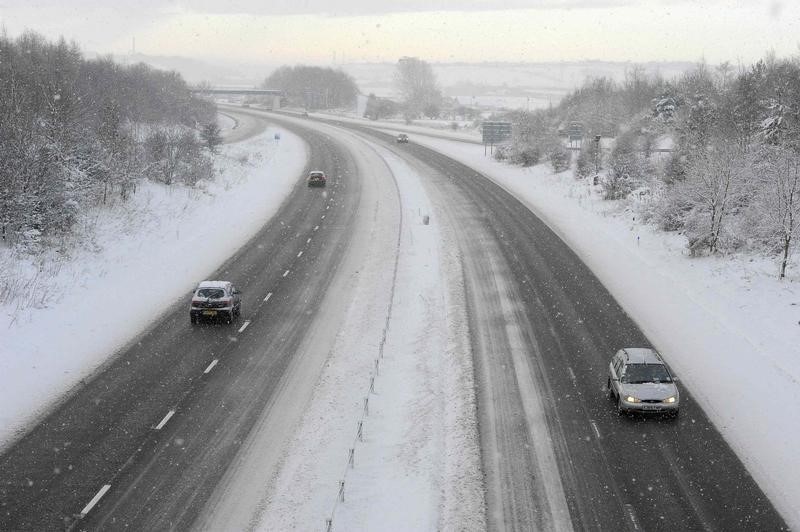Proactive Investors - Ofgem has announced that its price cap will be lower this winter, marking the second fall this year and its lowest level since August 2021.
Priced at £1,923, the cap will place the maximum suppliers can charge for energy at 27.35p and 6.89p per kilowatt hour of electricity and gas respectively.
This will include daily standing charges of 53.37p and 29.62p per day for the two fuels respectively meanwhile, up slightly on the charges in the current cap.
For the period between July and September, the cap has been priced at £2,047, which is what a typical household would pay over the course of a year based on the unit prices.
October’s cap should see consumers charged less then, given the mechanism effectively determines how much suppliers charge despite having been designed to provide a limit.
The energy #PriceCap will change on 1 Oct 2023If you pay by direct debit it's £1,923 - pre-pay is £1,949
It's based on typical use of an average home on a supplier’s standard default tariff
It's a cap on energy unit price, not a cap on total bills
➡ https://t.co/E7kjQqdAUu pic.twitter.com/1lclX8TqRf
— Ofgem (@ofgem) August 25, 2023
“It is welcome news that the price cap continues to fall,” Ofgem boss Jonathan Brearley said.
Ofgem has included clauses in the cap to ensure supplier’s earning this year, with Brearley claiming there were “signs that the financial outlook for suppliers is stabilising” and had meant “reasonable profits [were] returning”.
As a result of the clause, the likes of British Gas (LON:CNA) and Eon have secured soaring profits this year, thanks to being able to lift charges on consumer bills.
“There should be no excuses for suppliers not to be doing all they can to support their customers this winter,” he continued.
Brearley added Ofgem would introduce a “consumer code of conduct” by the winter, setting out a list of expectations on how suppliers should aid vulnerable customers.
